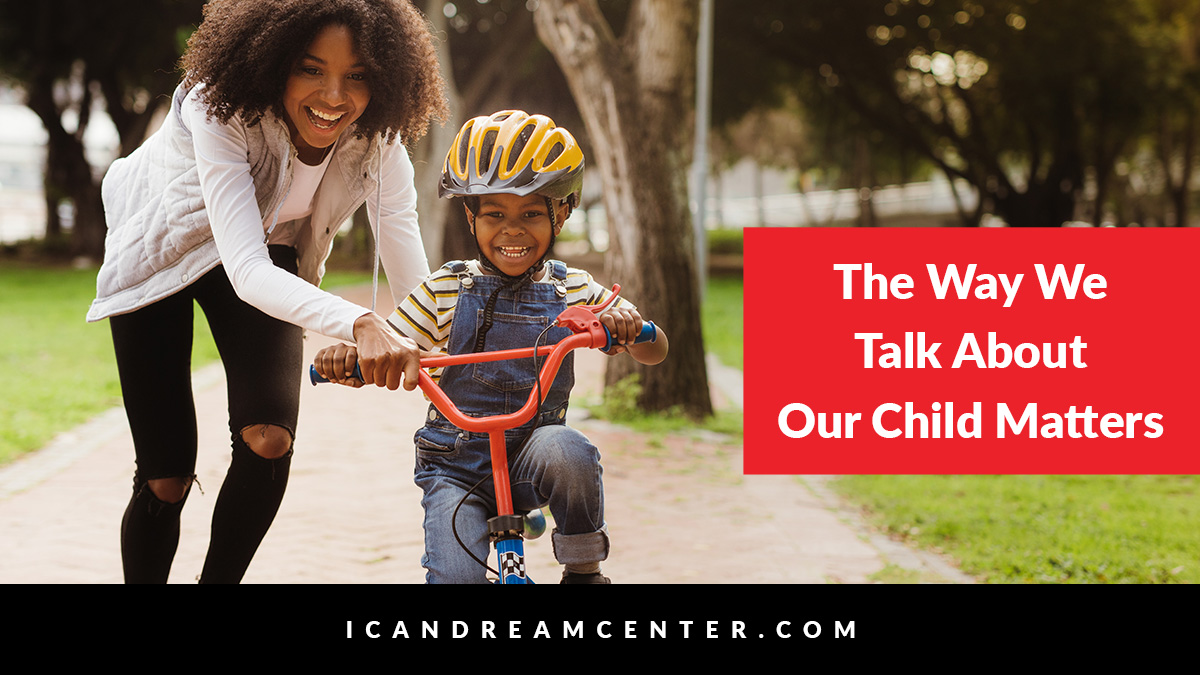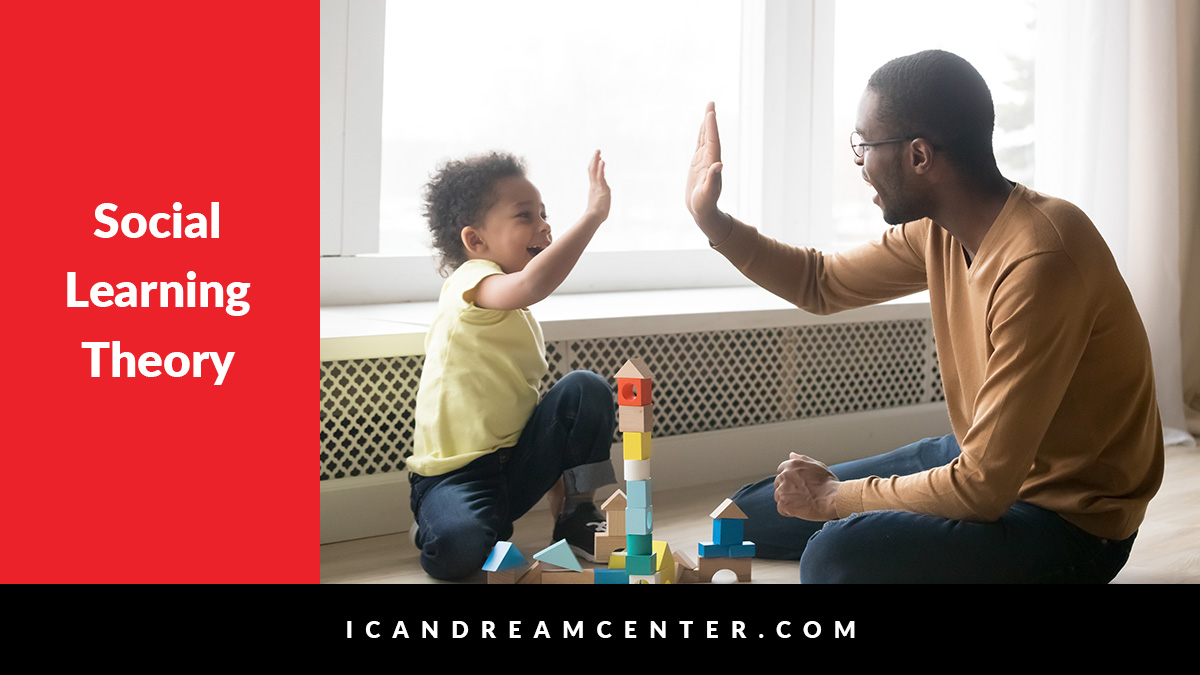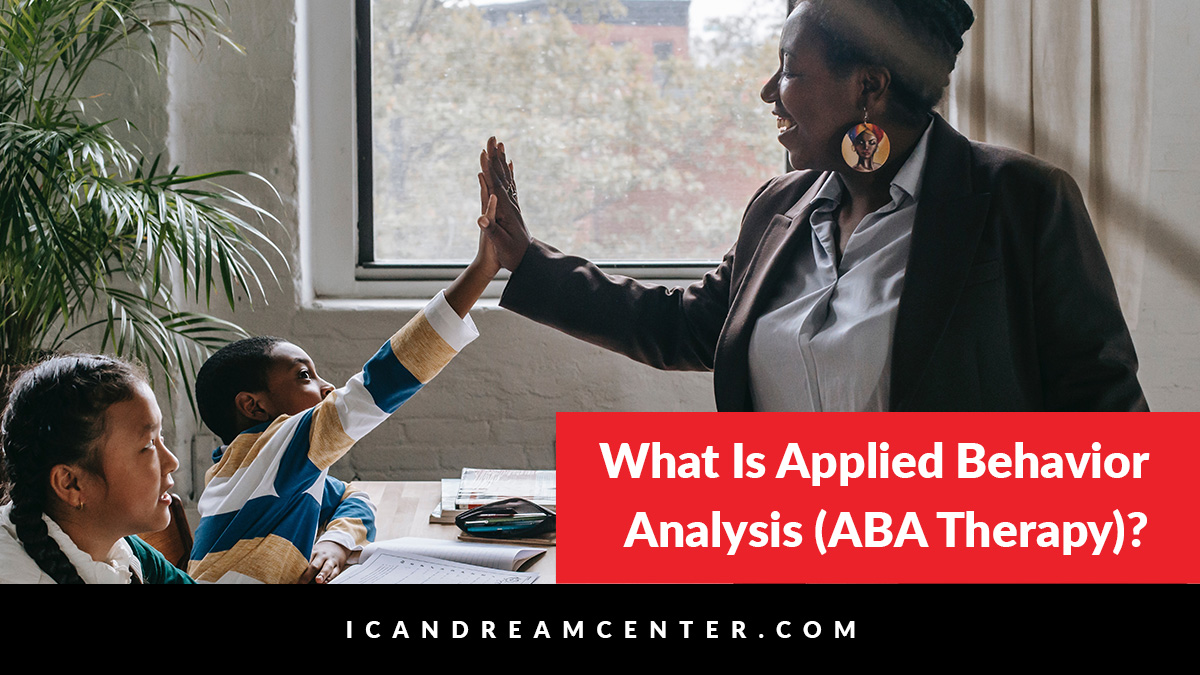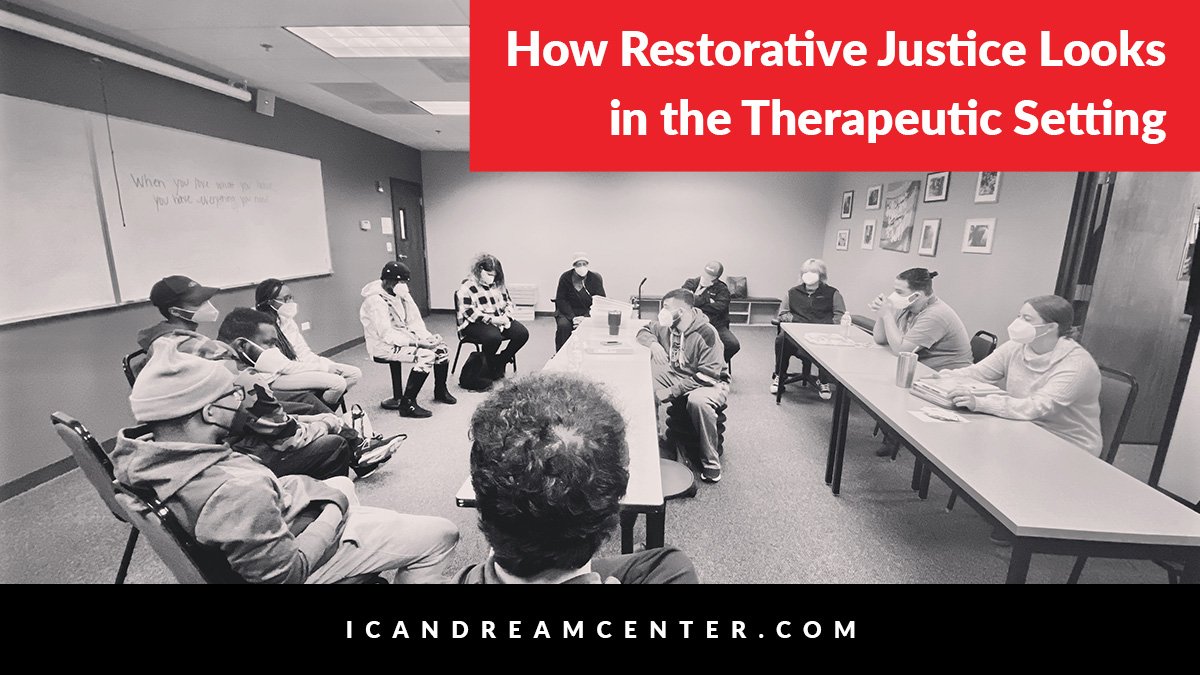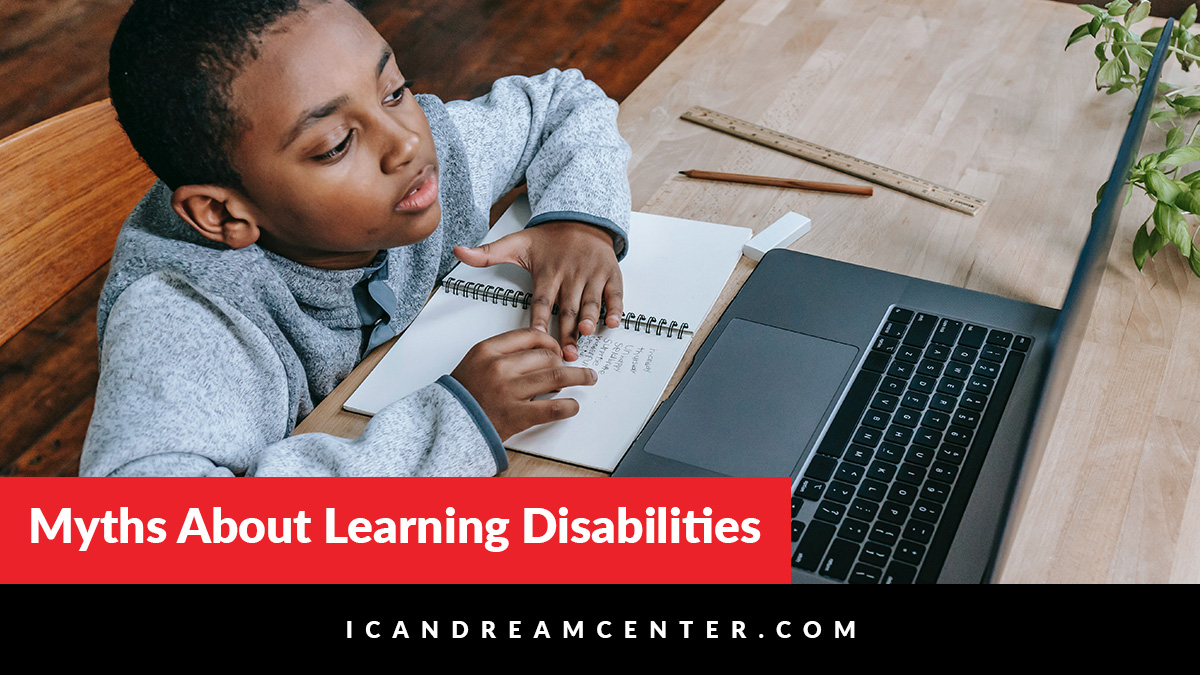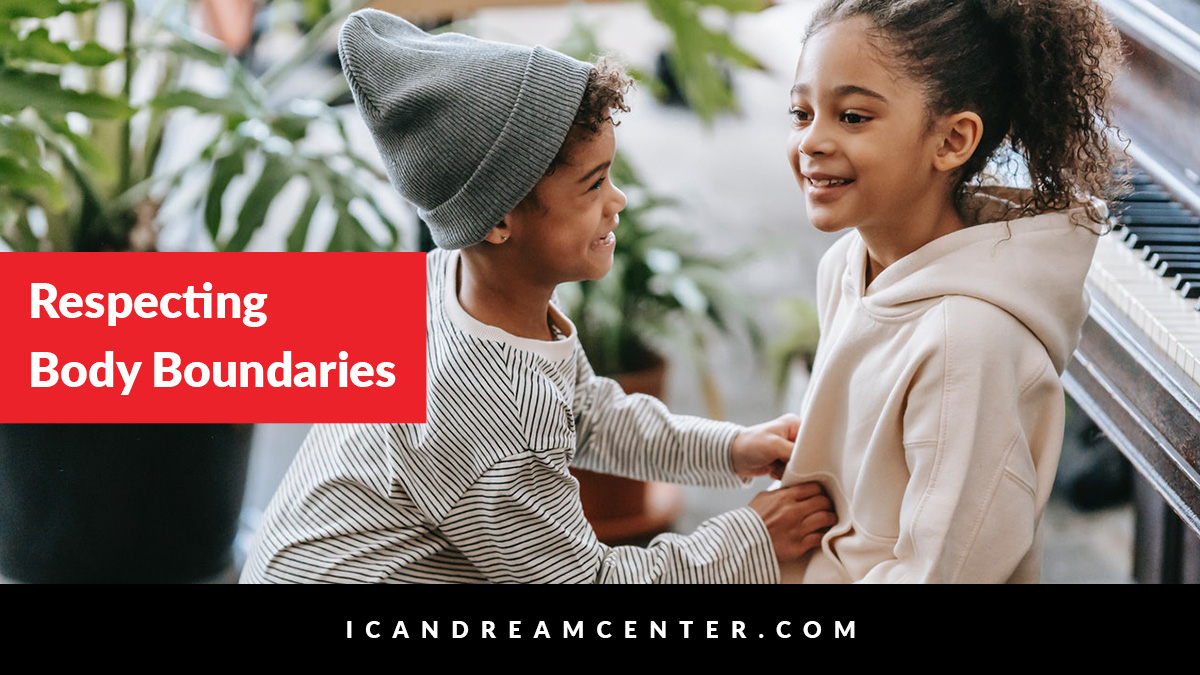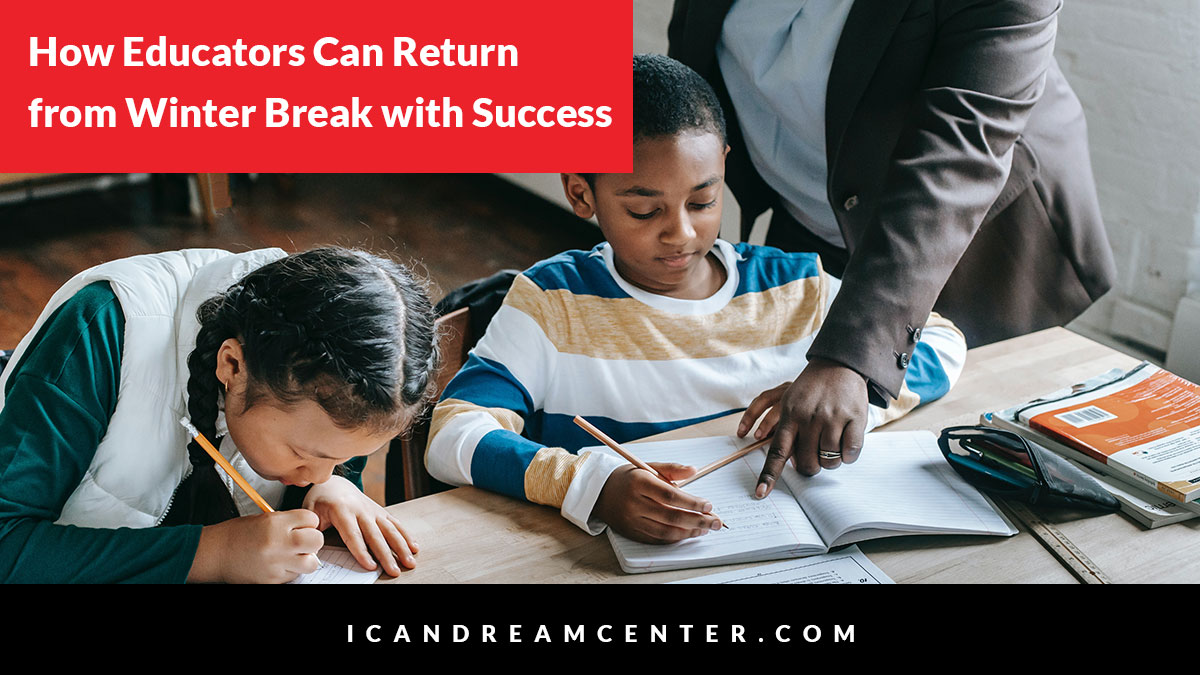Have you heard the adage, “The way we talk to our child becomes their inner voice?” The sentiment is viral in the parenting world. When I first read this, I honestly thought, “Oh man, another responsibility.” But words can’t be taken back. To think that what we say about children will be what they hear …
